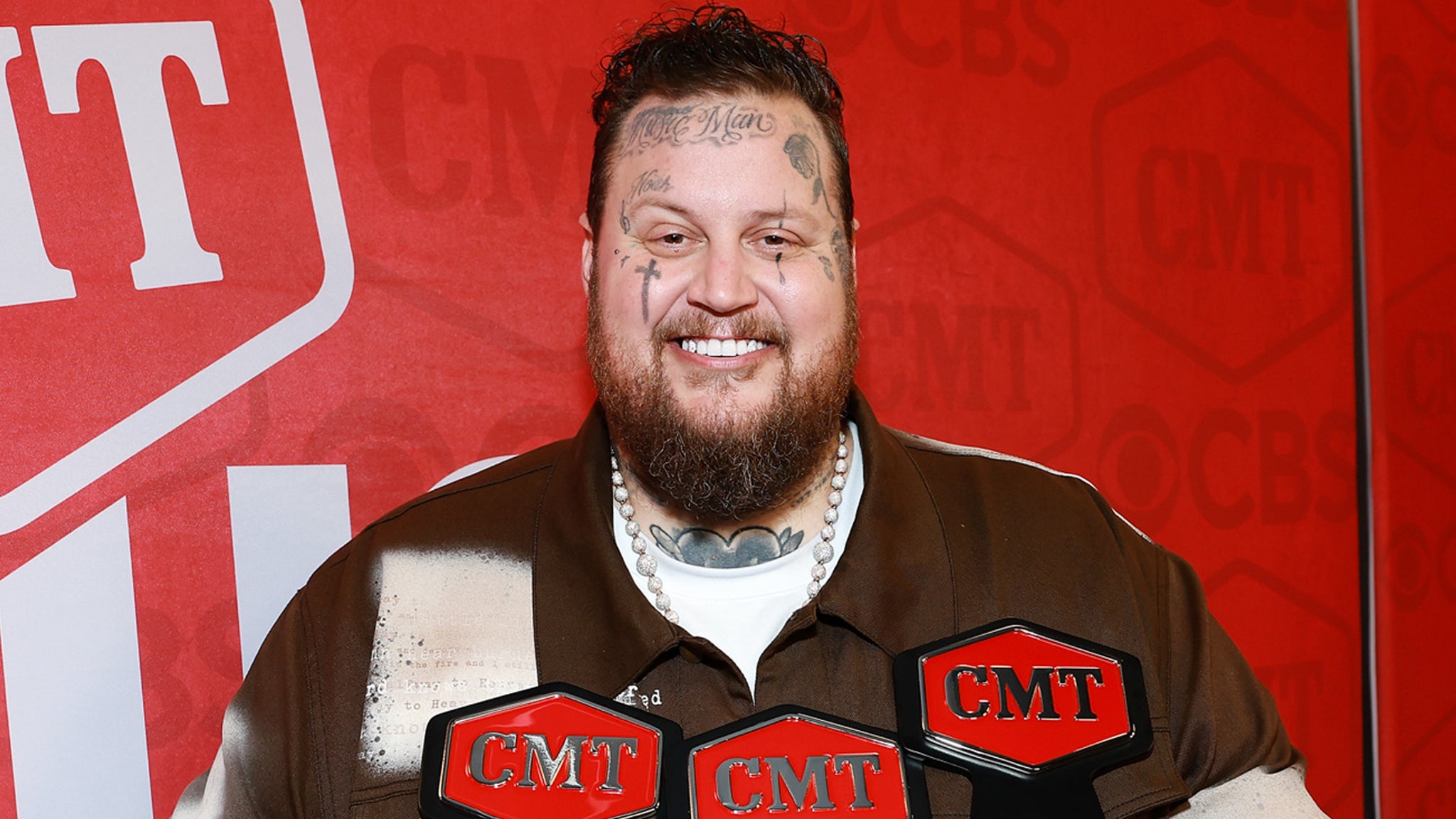As the newly appointed Director for the Stephenson Institute for Classical Liberalism at Wabash College, I recently had the honor and privilege of hosting a fascinating and passionate scholar-scientist, Carl Hart. Professor Hart participated in a series of scholarly events dedicated to the topic of his most recent book. He makes essentially the same argument as the parable of Learnerville. But Hart’s applied area of research is neither books, nor the prohibition thereof. Instead, Hart is deeply fascinated by and passionate about psychoactive substances—drugs. Hart’s latest, Drug Use for Grown Ups: Chasing Liberty in the Land of Fear, is a tour de force and a refreshing reminder of the core insight of the liberal tradition. The existence of risk is not a sufficient argument to suppress individual liberty. In so far as freedom is a prerequisite for discovery and innovation, progress demands erring on the side of permission rather than prohibition.
Hart has a long and established career as a laboratory pyschopharmacologist and a faculty member at Columbia University, during which he has published hundreds of peer-reviewed scientific papers. He argues clearly, boldly, and soulfully that there is something deeply illiberal about how our society thinks about and criminalizes drugs. The clear and consistent findings of a lifetime of academic research and the similar evidentiary findings across entire fields of related study unequivocally demonstrate that the overwhelming benefits of drugs exceed their costs, even supposedly “hard” drugs. Yes, Carl Hart is serious!
The methods of Hart’s discipline are straightforward. He solicits participants, designs control parameters, administers substances, and then observes, records, measures, and compares the results. Intuitively but controversially, the primary reported and observed effects of drugs are positive. It’s not terribly complicated or mysterious, that drugs have real, measurable and predictable effects. Most abundantly they make people feel good.
Combine the above with the fact that sensationalized negative outcomes like fits of rage or self-harm are basically non-existent across the laboratory results. Outside the lab, consequences like addiction and overdose are confined to a small minority of users typically plagued by confounding circumstances like mental health or socio-economic despair. Concerns about long run cognitive impairment are not confirmed by robust evidence. The average drug user is not a junky nor a degenerate, but rather a responsible professional citizen. Such findings persist even for supposedly hard drugs like heroin, methamphetamine, and crack cocaine.
As a trained economist myself, Hart’s appeal to costs and benefits warmed my heart. As a director of a newly launched center entrusted with the responsibility of curating intellectual discussions that center on the topic of human freedom and individual liberty, Hart’s title peaked my interests. As an educator, I knew his frequent high-profile podcast appearances would titillate my students.
It was a Sunday morning, he was due to arrive the next afternoon. I poured myself a coffee, assured my electronic cigarette was filled and charged, and put a record on the turntable. From my comfortable chair, I sipped my caffeine and puffed my nicotine and from the opening quote by Thomas Jefferson on the first page, I was hooked. “If people let government decide which foods they eat and medicines they take, their bodies will soon be in as sorry a state as are the souls of those who live under tyranny.”
I read the book in its entirety that day, pausing unexpectedly to change records when Hart referenced Gil Scott Heron, Al Green, and Billie Holiday in turn. I switched from sipping caffeine to a crafted Manhattan as the day turned into evening. His argument was straightforward, the writing was compassionate, and the story behind his life’s work and lived experiences was profoundly moving. I was impressed by his credentials and perseverance, but mostly I was excited to meet him because I knew we could be friends.
Monday morning, I nervously picked up Professor Hart from our on-campus hotel. In the book he described meeting a man with a handlebar moustache, which for him invoked imagery of the Civil War—naturally discomforting to his inescapably black and dreadlocked identity. My first words to Hart, “I too sport a handlebar moustache, but I was going more for a Super Mario rather than Colonial Burnside vibe.” He laughed and tapped my shoulder affectionately, “man, you are a close reader.” I like to think we’ve been friends ever since.
He sat in on my special topics course “The Political Economy of Crime and Punishment,” attended a small dinner with interested students, delivered a lunch time lecture the following day, and graciously dined with faculty and students at a closing reception. Our campus community pelted him with questions the entire time. Like his podcast appearances, the questions took a common form, one that Hart early admitted was starting to bore him. “People can’t get over the heroin thing,” he lamented. “They hear these horror stories from teachers, doctors, police, and the media, but they’ve never actually met a scientist in the field, nor looked at the data for themselves.”
I told Hart, I was primarily interested in his perspective, because my class was trying to situate drug prohibitions within a broader framework of resolving the social challenges of crime and punishment; and we were further situating crime and punishment in a broader conversation still about the fundamental challenges of political economy. How can societies empower governments to protect and promote individual rights, while minimizing the potential tendencies for governments to jeopardize those same personal freedoms? I asked him if the cost benefit analysis in his argument, could also be applied consistently to other criminal prohibitions: sex work, digital piracy, and censorship come to mind. He seemed to let out a sigh of relief. “You get it man! All anyone wants to ask about is the drugs, but the book isn’t even about that… It’s about freedom.”
We did talk about drugs… a lot. I asked Hart questions about hallucinogens and the newly popular micro dosing trend. I shared my general frustrations with our healthcare system. Early in my career, I thought a prescription for Adderall might help to boost productivity. Instead of being trusted as a responsible adult, I was made to endure a psychiatric evaluation and told I would not be given a script without abstaining from caffeine, nicotine, and alcohol for several months. Inversely, when I had a tooth extracted, I was given hefty doses of Vicodin. The drug caused serious digestive side effects, comparable in pain and discomfort to the original infection and post-surgery recovery. Yet, nary a verbal warning from doctor or pharmacist was provided.
Carl, like me, is an unapologetic violator of oppressive criminal laws. Heroin and amphetamines are his preferred substances of choice. Across a long and challenging journey of life and career, confronting instances of racial prejudice, academic politics, and threats of political persecution abroad; drugs have served as effective navigational tools on Hart’s pursuit of happiness. Hart’s inferences for reform are bold, but also clear, honest, and supported by scientific evidence. The personal concerns one might have about the supposed risks and harms of drug use are not a sufficient reason to limit the freedoms and liberties of drug users. Those who experiment with recreational drugs, more often than not, discover effective pharmacological means of feeling joy, alleviating pain, inspiring drive and motivation, or obtaining deep spiritual awakenings.
I was curious what key advice his expertise may offer others in navigating our changing drug enforcement landscape. It doesn’t seem to be enough to do your research on the drugs, you need to also be a master manipulator to get doctors to provide what you want, and you need to also be a pseudo legal expert to avoid trouble. No wonder the prison system is so crowded with society’s most under educated and impoverished groups. “I’d tell others to be like you, with the Vicodin… if you think something might suit your needs try it, if it doesn’t… STOP.” Hart is an implicit Classical Liberal, in so far as he believes people possess a better working knowledge of their own interests than the government could hope to possess. Hart is an implicit Hayekian in so far as he recognizes that purchasing and consumption are essentially processes of experimentation and learning.
Daniel J. D’Amico is the Director of the Stephenson Institute for Classical Liberalism and an Affiliated Associate Professor of economics at Wabash College.
















